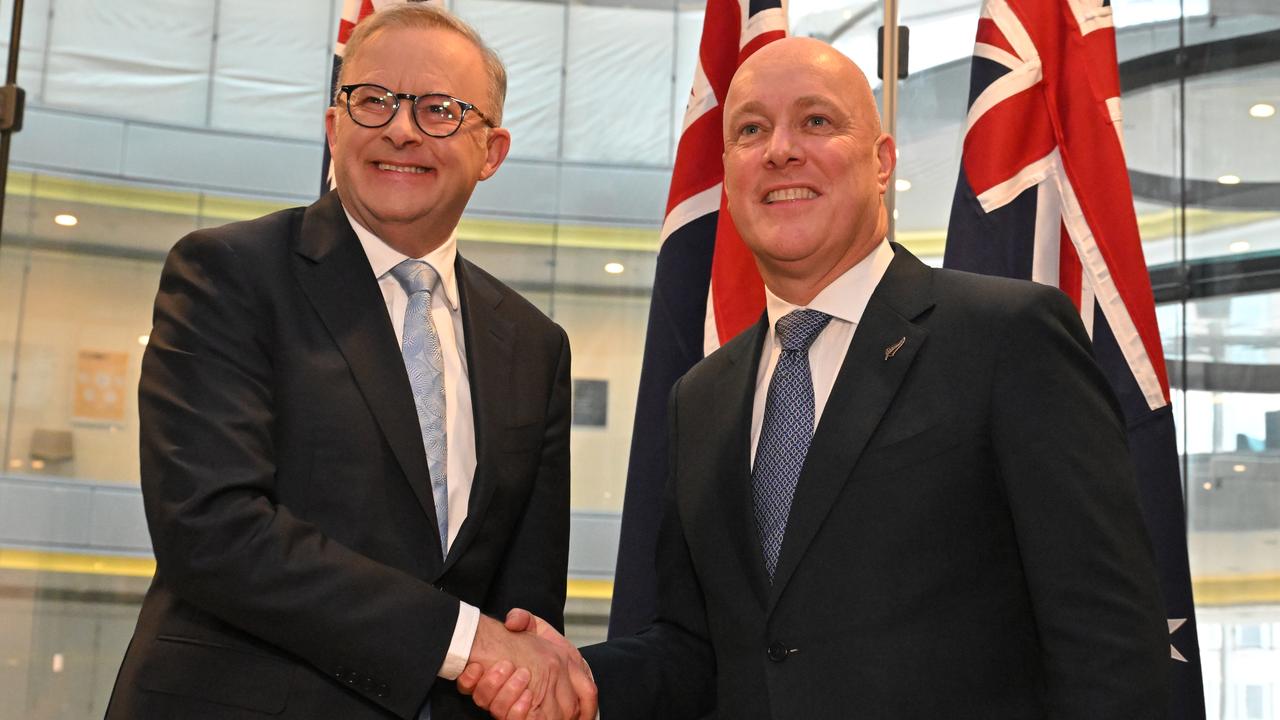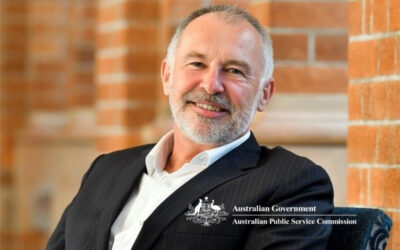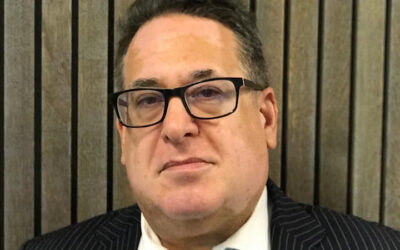Defence, economic partnerships and security will be on the agenda for Prime Minister Anthony Albanese when he meets his New Zealand counterpart.
Mr Albanese will spend the weekend in Queenstown for the annual Australia-New Zealand leaders meeting with Prime Minister Christopher Luxon.
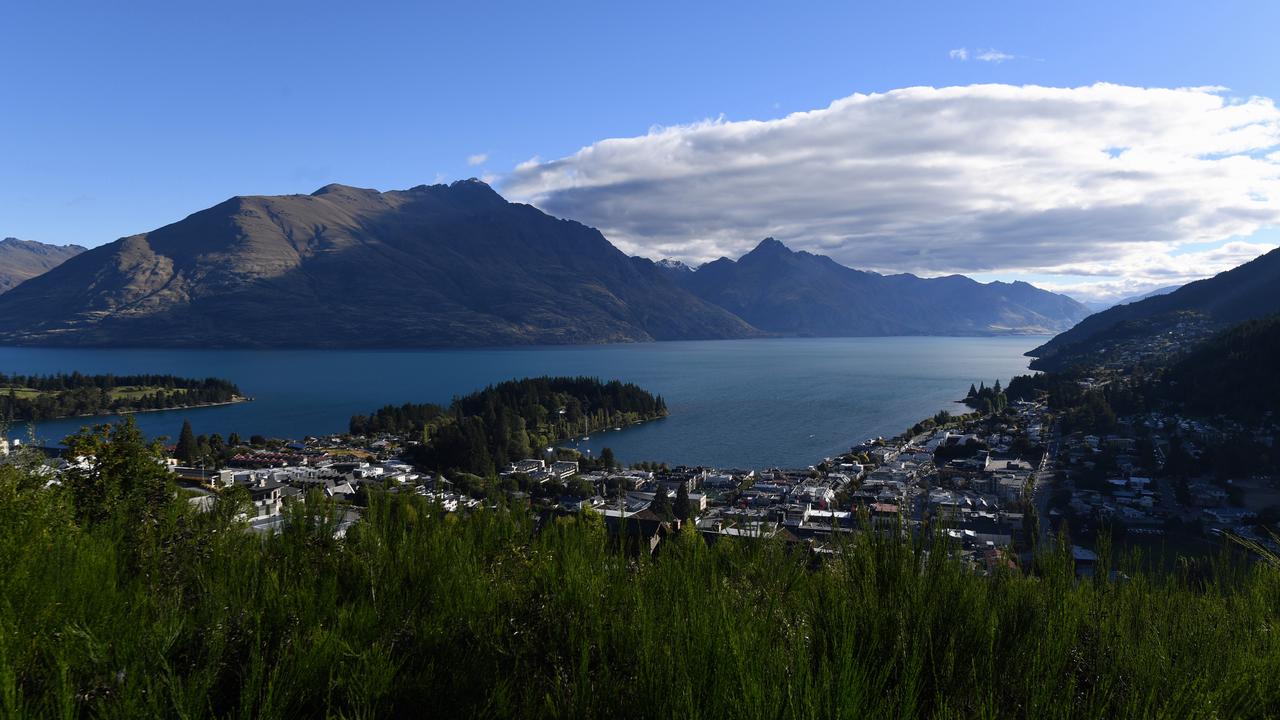
It will be the second time across the Tasman for Mr Albanese, who last visited in 2023 to meet with then-Labour prime minister Chris Hipkins.
Mr Albanese and Mr Luxon represent opposite ends of the political spectrum, but both have affirmed their nations share a “deep and enduring bond” as friends, neighbours and allies.
“I look forward to discussing how we can work together to build on our single economic market, modernise the rules-based trading system, deepen our alliance, and back our Pacific partners,” Mr Albanese said.
The single economic market was established in 2009 to grow trade and deepen investment links between the two countries, making it easier for trans-Tasman business.
Two-way trade between the two countries is worth $32 billion.
Co-operation between the two governments is broad, with more than half of the New Zealand cabinet visiting Australia since Mr Luxon’s government took office in late 2023.
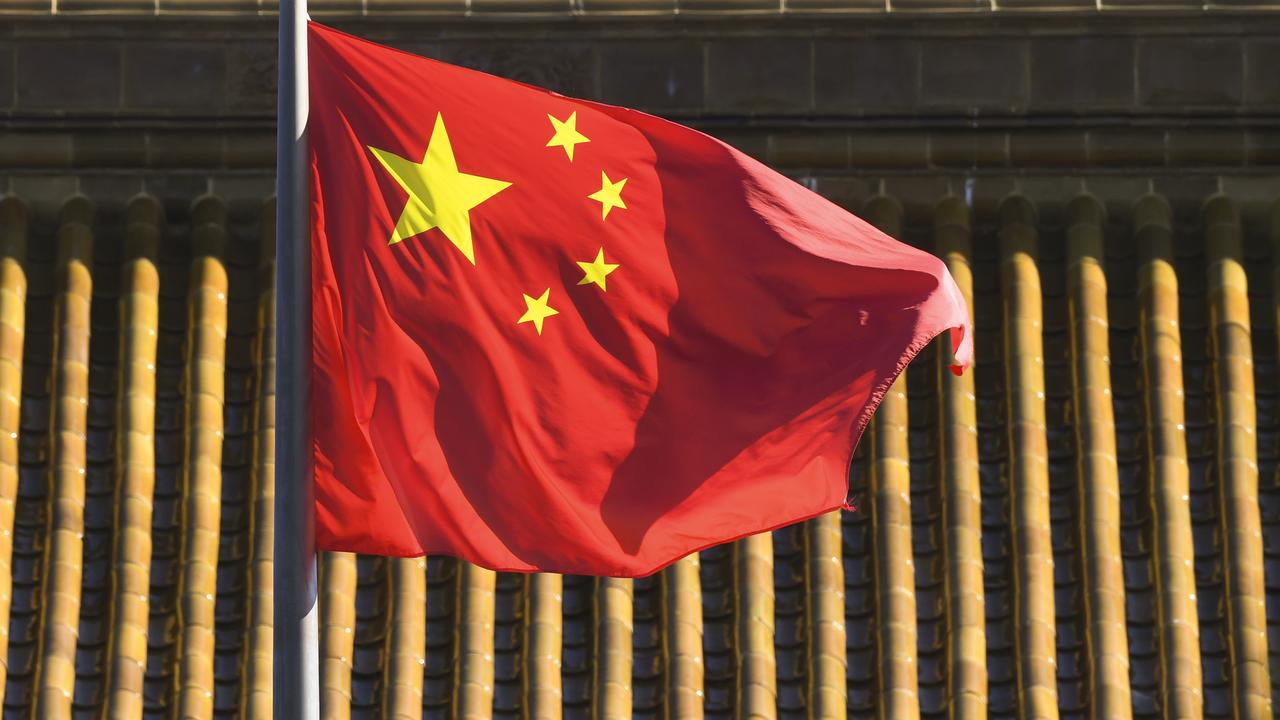
The “complicated” relationship between opportunities and challenges posed by China was likely to be a focus of talks behind the scenes, Victoria University of Wellington’s New Zealand Contemporary China Research Centre director Jason Young said.
“Both prime ministers have recently visited China,” the professor told AAP.
“They had, at least, public-facing, very good visits to stabilise and manage the economic relationship. But at the same time, there’s a bunch of particularly regional security issues which have an impact on both countries.”
The pair could also discuss the impact of the US President Donald Trump’s tariffs.
While Mr Trump raised tariffs against dozens of nations, he showed mercy on Australia and kept levies against most products at 10 per cent.
But New Zealand was not spared and was hit with a 15 per cent “reciprocal” tariff.
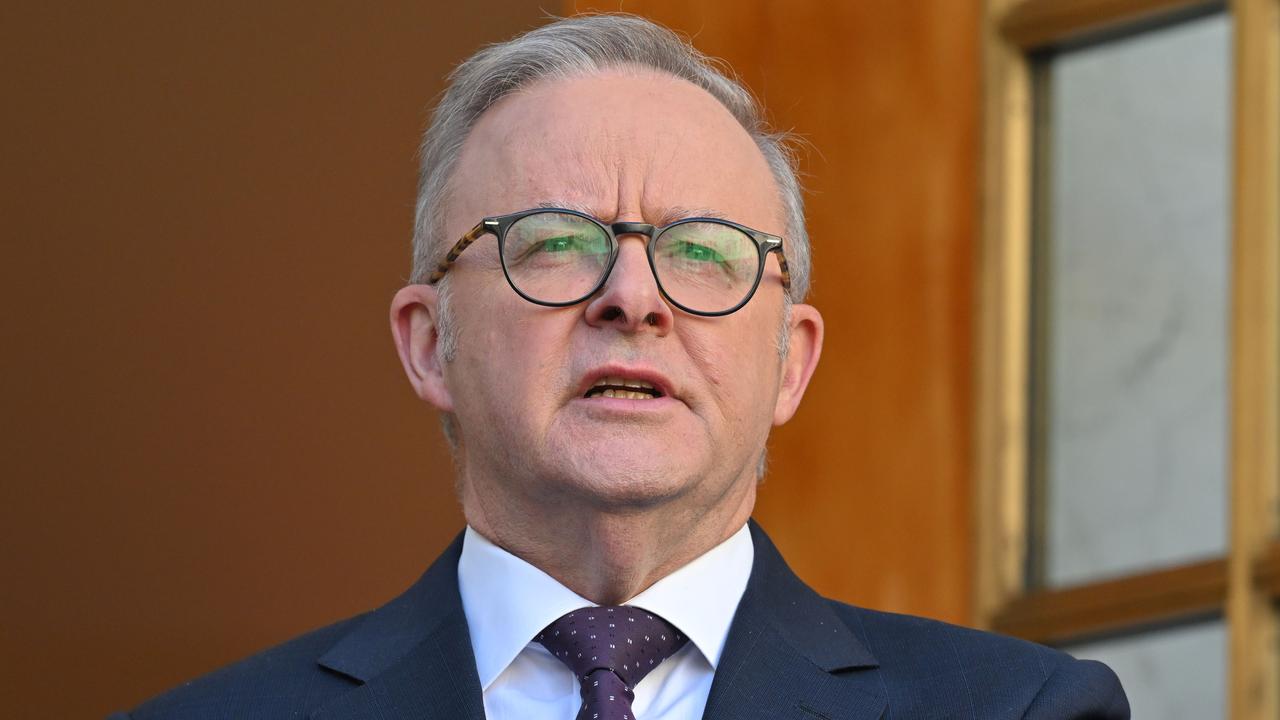
At the most recent leaders’ meeting in Canberra in 2024, Mr Albanese and Mr Luxon discussed migration and creating a closer defence partnership.
David Capie, another professor from Victoria University of Wellington, said the Luxon government had leaned into its partnership with Australia since coming to power.
“You’ve got a New Zealand government that wants to do more with Australia,” the NZ foreign and defence policy expert told AAP.
“The upending of the economic order with the Trump tariffs, the Middle East – all of those things NZ and Australia are finding that they’re very closely aligned.”
Yet deportation remains a point of friction, as New Zealand has long protested Australia’s practice of deporting criminals with Kiwi passports but with stronger ties to Australia.
After the 2024 meeting, the two leaders agreed to “engage closely” on the matter.
Prof Capie said the issue hadn’t faded away completely but was being more delicately handled compared to the Morrison government era.
“You had a lot of deportations and a government that was basically basking in it,” he said.
“But more importantly, the structural changes to the rights of New Zealanders to be able to find a pathway to citizenship mean that there are going to be fewer and fewer over time.”
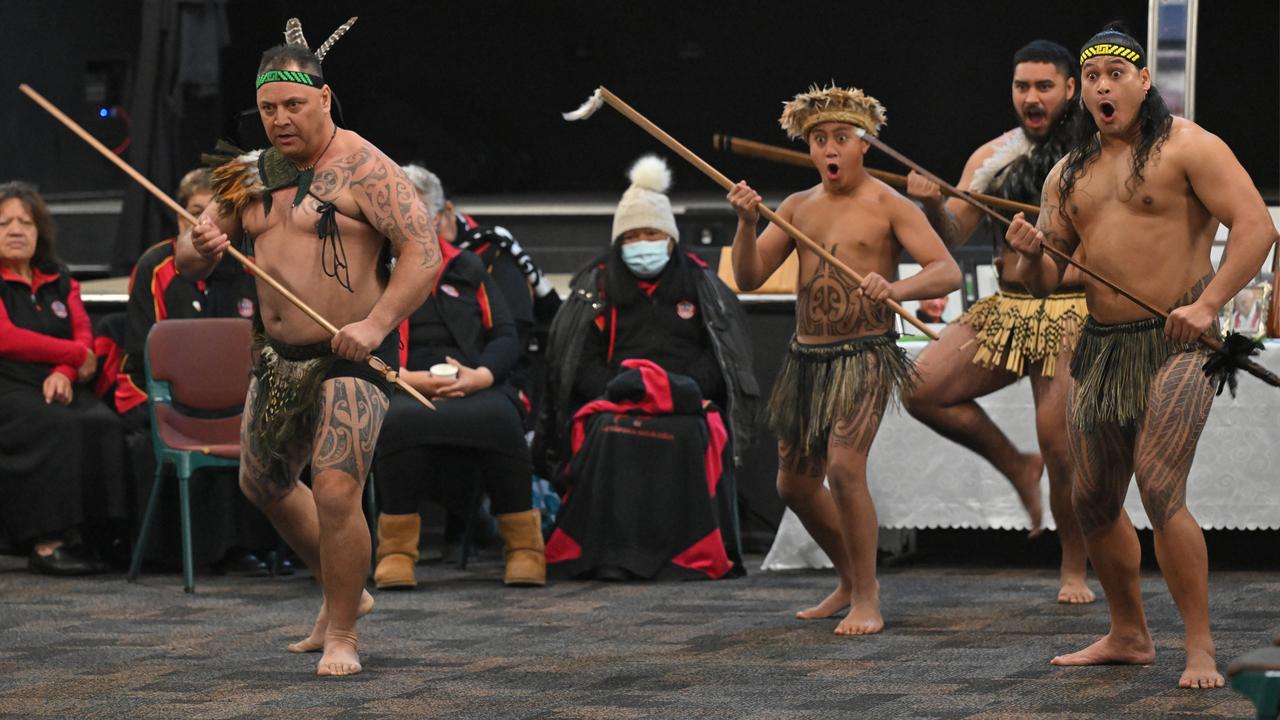
Mr Albanese is expected to be welcomed in a pōwhiri, a formal Māori welcoming ceremony, before he meets with Mr Luxon on Saturday.
He will also meet with Australian and New Zealand business leaders and take part in a business roundtable.
Australian Associated Press is the beating heart of Australian news. AAP is Australia’s only independent national newswire and has been delivering accurate, reliable and fast news content to the media industry, government and corporate sector for 85 years. We keep Australia informed.
